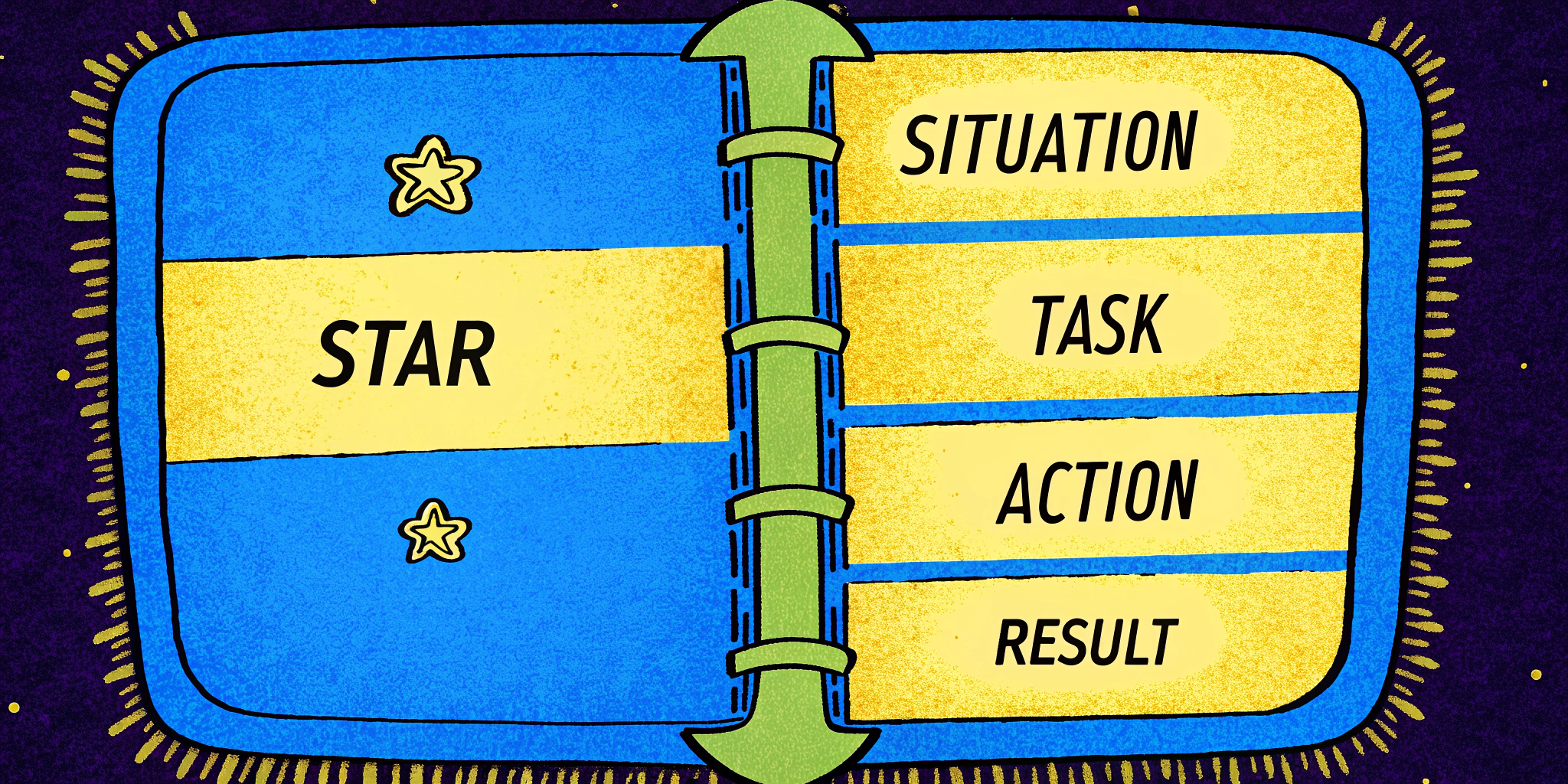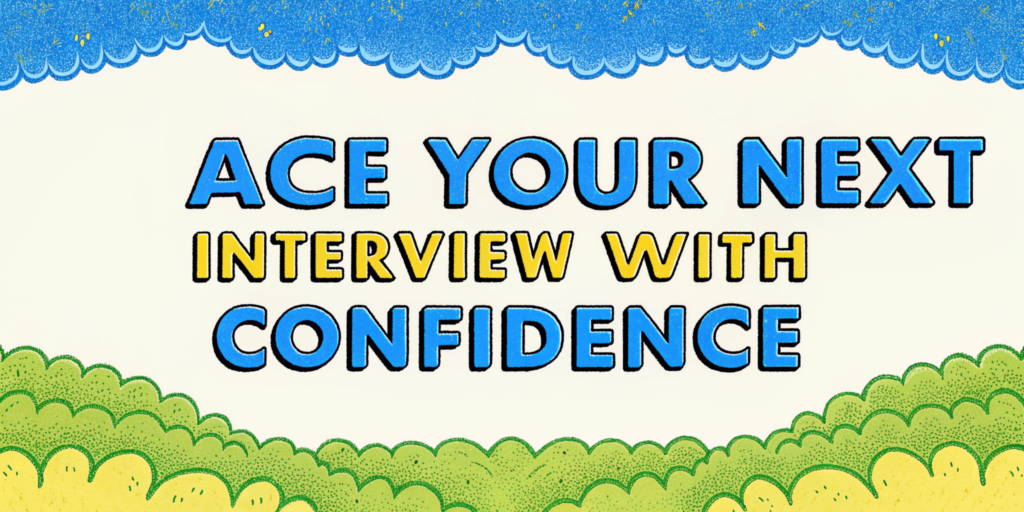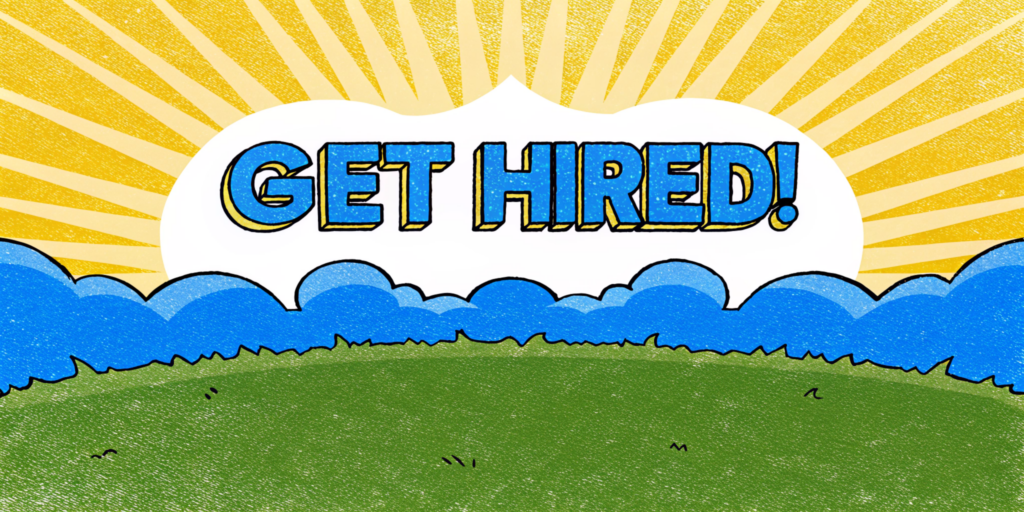Introduction
Hey there! 👋 I’m Alex, a software engineer and content creator who has navigated the murky waters of behavioral interviews at top-tier tech companies like Google, Amazon, and Robinhood. Behavioral interviews can often feel like an enigma, especially when you’re more accustomed to technical challenges like coding or system design. But trust me, understanding behavioral interviews is critical to landing your dream job in tech.
In this guide, I’m going to break down what behavioral interviews are, provide key tips, share sample questions, and even walk you through how to prepare like a pro. By the end of this post, you’ll feel confident tackling any behavioral interview head-on, whether it’s for a Robinhood Software Engineering role or a FAANG mega-corp.
What Are Behavioral Interviews?
Behavioral interviews are non-technical conversations designed to understand your past experiences, problem-solving abilities, and personality traits. While coding and system design tests evaluate explicit technical knowledge, behavioral interviews dive into the soft skills such as:
- Communication
- Teamwork
- Conflict resolution
- Handling ambiguity
- Leadership and collaboration
How Behavioral Interviews Differ Across Companies
Every company adds its twist:
- At Google, it’s called the “Googliness and Leadership” interview and focuses on humility, leadership potential, and adaptability.
- At Amazon, they anchor it around their 14 Leadership Principles, like “Customer Obsession” and “Bias for Action.”
- For Robinhood, they may explore how you embody their mission to “democratize finance for all” while maintaining ownership and adaptability.
Behavioral interviews can also vary in structure. Some companies have a 45-minute dedicated interview, while others integrate behavioral questions alongside coding or system design components.
Why Behavioral Interviews Are Important
A common misconception is treating behavioral interviews as trivial or secondary compared to technical tests. News flash: behavioral interviews carry significant weight.
For instance, at Robinhood, candidates vying for roles like Treasury Manager rated their interviews as the hardest because of the deep scrutiny into decision-making and ownership behaviors. On the other hand, roles like Technical Sourcer were rated as easier, thanks to a more straightforward question pool.
Don’t underestimate the power of behavioral interviews—they are often the final step in securing an offer. According to an internal 2018 memo at Google, the behavioral round was considered as critical as coding.
What Companies Like Robinhood Look For
Recruiters and managers are trying to assess your core traits:
- Are you resilient under pressure?
- How do you navigate team dynamics?
- Can you handle failure positively?
| Some of the soft skills Robinhood emphasizes include: | Core Skill | Example Evaluation Metric |
|---|---|---|
| Ownership | Evidence of taking projects end-to-end | |
| Commitment to Mission | Alignment with “Democratizing Finance” | |
| Team Collaboration | Ability to onboard teammates effectively | |
| Problem-Solving | Tackling ambiguity in startup environments |
At Robinhood, a background check also adds another layer of scrutiny, ensuring your track record aligns with company norms.
Top Behavioral Questions and How to Answer Them
Let’s jump into the bread and butter—those tricky behavioral interview questions.
Common Behavioral Interview Questions
- Tell me about a time you had a conflict with a teammate. How did you resolve it?
- Describe a challenging project and how you successfully completed it.
- When was the last time you received tough feedback? How did you handle it?
- How do you prioritize competing deadlines and tasks under pressure?
- Imagine being tasked to onboard a new engineer during a crunch period. How would you approach this?
Sample Responses to Robinhood Behavioral Questions
Let’s break one question down with a real-world example:
Question: “Tell me about a time you had a conflict with a teammate. How did you resolve it?”
Answer Framework (STAR method):
- Situation: “In my last project as a SWE intern at [Company X], I was paired with a teammate who had a very different approach to coding standards than me, which disrupted progress in a time-critical deliverable.”
- Task: “I needed to resolve this disagreement while ensuring the team stayed on track and adhered to quality standards.”
- Action: “I set up a quick 1-on-1 to better understand their perspective. It turned out that they believed speed was a higher priority due to deadlines, while I prioritized code longevity. We agreed to a hybrid solution by coding with minimal scaffolding first, and doing a post-MVP code review later.”
- Result: “The project was delivered two days ahead of schedule, and I earned praise from both my manager and teammate for fostering collaboration.”
Key insight: Tailor your examples to Robinhood’s culture. For instance, emphasize “ownership” or “problem-solving in ambiguity” to stand out.
Tips for Acing Behavioral Interviews
1. 🧠 Prepare Your Stories in Advance
Think about five key achievements or challenges from your career and frame your answers using the STAR method (Situation, Task, Action, Result). Have a bank of stories you can adapt to multiple questions.
2. ✨ Tailor Responses to the Role
If you’re applying for a Robinhood engineering role, weave in their mission. Mention how your work impacts democratizing finance or user empowerment.
3. ⏳ Take Your Time
If you’re hit with an unexpected question, don’t panic. Politely say, “Let me take a few seconds to organize my thoughts.” Delivering a thoughtful answer is far better than rushing.
4. 🔄 Balance Team vs Individual Focus
Showcase both personal contributions and how you’ve supported team goals. For example, at Robinhood’s startup pace, teamwork often involves quick adaptation.
How Ninjafy AI Can Help You Master Interviews 💡
When preparing for my own Robinhood SWE interview, I discovered Ninjafy AI, your AI-powered interview coach. It’s a game-changer for behavioral interview prep:
✔️ Live feedback on your responses during mock interviews
✔️ Tailored insights to align with Robinhood’s mission and values
✔️ Tracks eye movement to promote confident engagement (thanks to InvisibleEyetrack™)
It streamlined my prep, and I credit its mock scenarios for helping me ace interviews at multiple companies. Stats say it all: 39% of Ninjafy users received their Dream Offer.
Final Thoughts
Behavioral interviews are just as critical as coding or design rounds, especially at top-tier companies like Robinhood, where culture fit and ownership are non-negotiable. 💡 Take the time to prepare thoughtful stories, align them with the company’s vision, and practice frameworks like STAR.
Remember, though, prep doesn’t stop with memorizing questions. Leverage tools like Ninjafy AI to sharpen your performance and land the job of your dreams. 🏆



